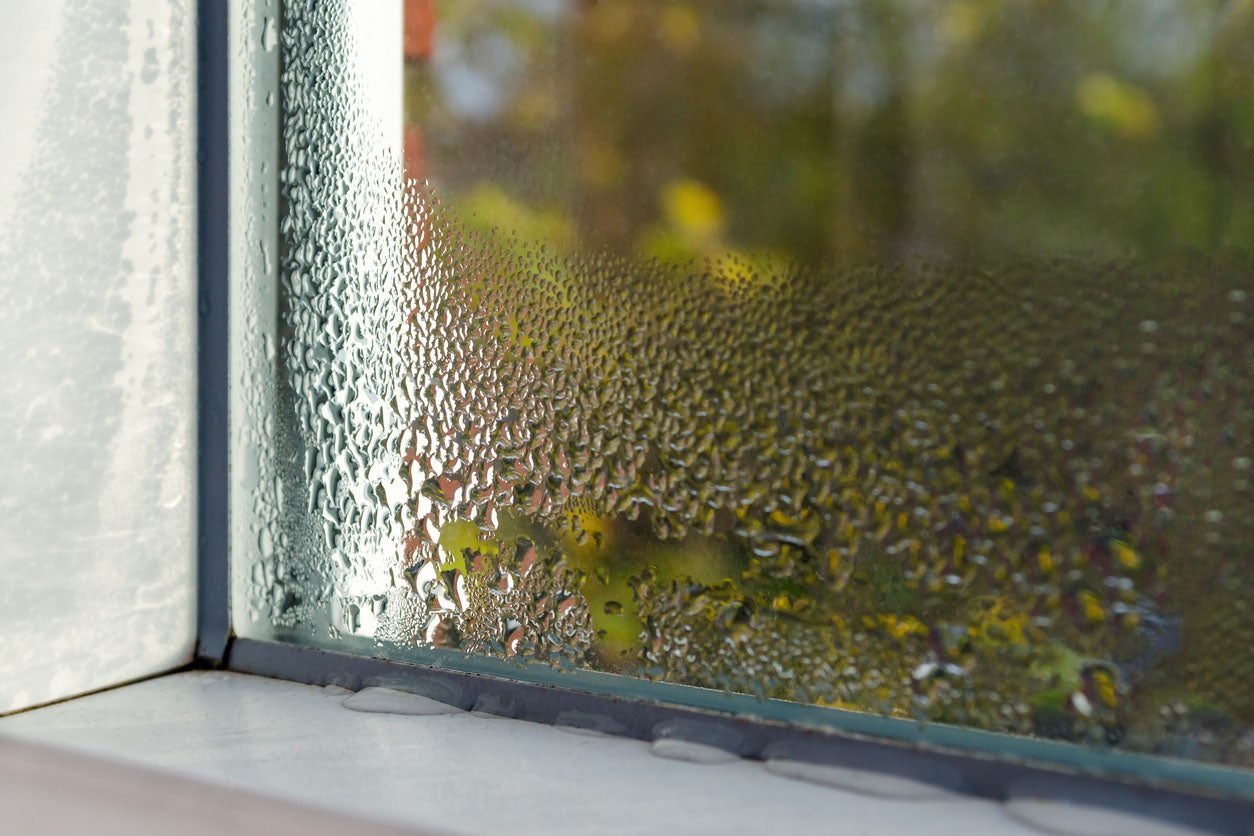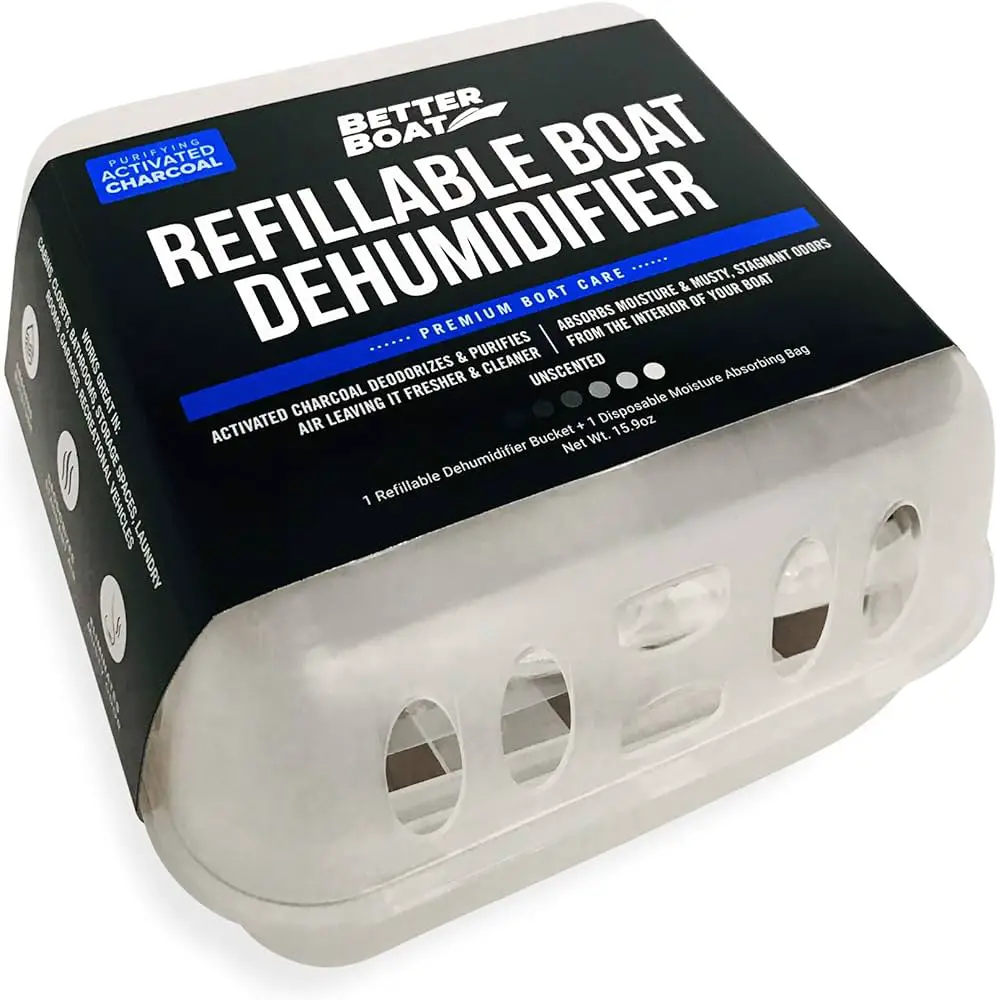Humidity control is a crucial aspect of indoor air quality and comfort. High humidity levels can lead to discomfort, mold growth, and even health issues. One common question that homeowners often ask is whether their HVAC system can cause high humidity. Let’s explore this topic in detail.
Understanding Humidity Levels
Before delving into the impact of HVAC systems on humidity levels, it’s essential to understand the ideal range for indoor humidity. The Environmental Protection Agency (EPA) recommends maintaining indoor humidity levels between 30% and 50%. This range is considered optimal for comfort and health, as it helps prevent issues such as mold growth and dust mites while also reducing the risk of respiratory problems.
The Role of HVAC Systems
HVAC systems play a significant role in regulating indoor humidity. Air conditioners, for example, not only cool the air but also remove moisture from it, thereby reducing humidity levels. On the other hand, heating systems can sometimes dry out the air, leading to low humidity levels during the winter months.

Credit: www.bobvila.com
Can HVAC Systems Cause High Humidity?
In some cases, HVAC systems can indeed contribute to high humidity levels. Several factors can lead to this issue:
- Oversized HVAC Systems: An HVAC system that is too large for the space it serves may cool the air quickly without adequate dehumidification, leading to high humidity levels.
- Incorrect Settings: Improper thermostat settings or a malfunctioning humidistat can result in elevated humidity levels.
- Poor Maintenance: A lack of regular maintenance can cause the HVAC system to operate inefficiently, leading to inadequate dehumidification.
- Leaky Ductwork: Ductwork with leaks can introduce humid air from attics or crawl spaces into the living spaces, raising humidity levels.
Preventing High Humidity Caused by HVAC Systems
Fortunately, there are several steps that homeowners can take to prevent high humidity levels caused by their HVAC systems:
| Actions | Impact |
|---|---|
| Proper Sizing | Ensuring that the HVAC system is appropriately sized for the space it serves can prevent rapid cooling without dehumidification. |
| Regular Maintenance | Timely maintenance, including cleaning coils and replacing filters, can help the HVAC system operate efficiently. |
| Sealing Ductwork | Addressing any leaks in the ductwork can prevent the infiltration of humid air into the living spaces. |
| Upgraded Thermostat | Investing in a programmable thermostat with humidity control settings can help maintain optimal indoor humidity levels. |
Conclusion
While HVAC systems are designed to enhance indoor comfort, they can inadvertently contribute to high humidity levels if not properly maintained or sized. Homeowners should be proactive in ensuring that their HVAC systems are operating efficiently and effectively managing indoor humidity levels. By taking the necessary preventive measures, it is possible to enjoy a comfortable and healthy indoor environment year-round.
For more information on maintaining the optimal indoor humidity levels, consulting with HVAC professionals is recommended to address specific concerns related to your HVAC system.

